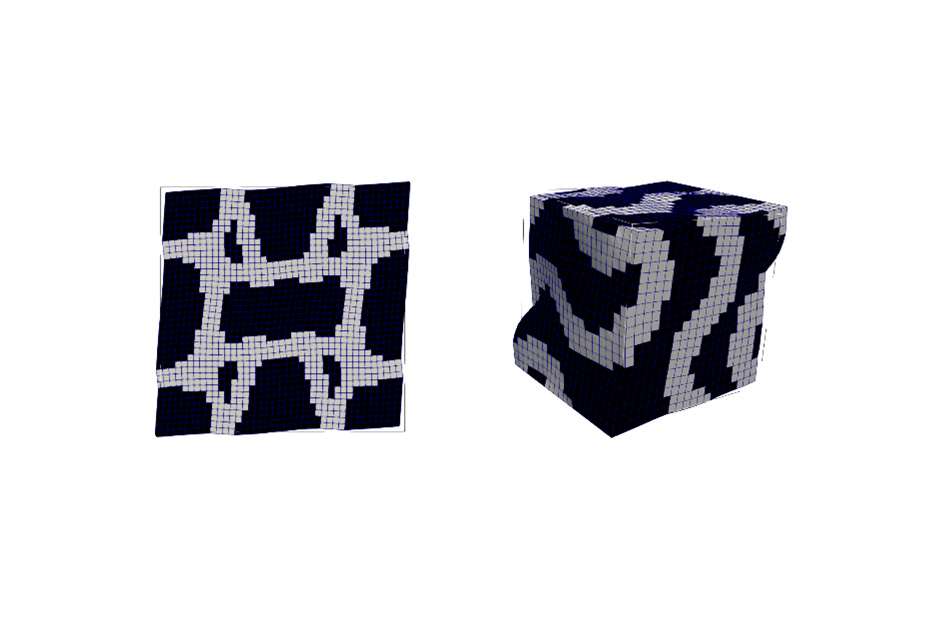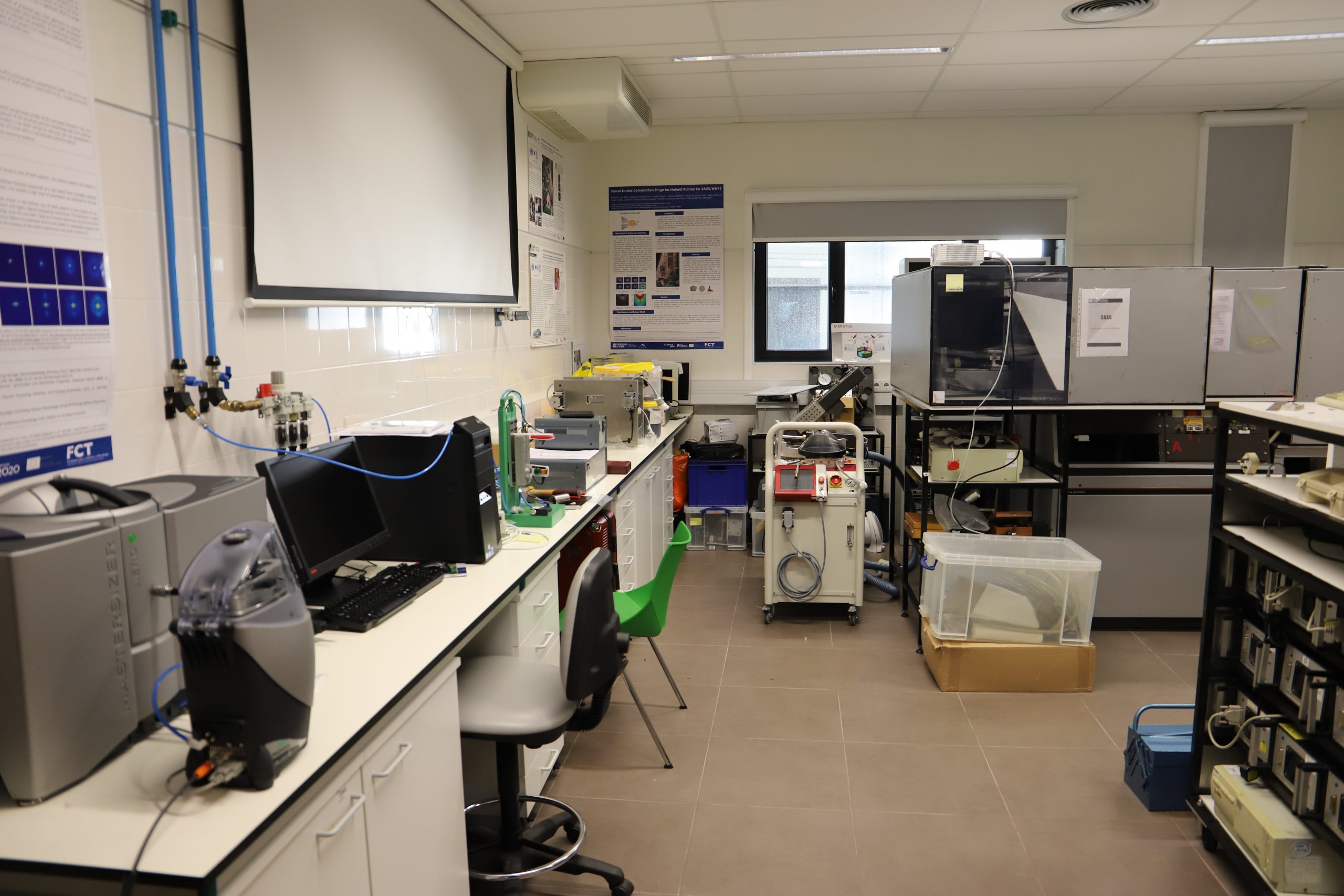The PrintBIG lab has the objective to support research activities on additive manufacturing of large scale objects of various materials eg. concrete, ceramics, metal or polymers. It is equipped with printing and characterization equipment.
The Biofabrication Lab has state-of-the art systems that produce scaffolds for tissue engineering applications. The existing equipments are additive manufacturing systems enabling to process a wide range of materials (polymers, polymer/ceramics and polymer/metals) in a layer-by-layer fashion.
The digital direct metal manufacturing laboratory is a space prepared and equipped with additive manufacturing equipment and some post-processing technologies such as inert atmosphere sintering ovens.
Additive Fabrication is an advanced manufacturing technology in which the three-dimensional objects are built through the addition of material in a layer-by-layer fashion. The produced objects can be functional or simply serve for an conceptual evaluation of the desired product being development.
The Additive Manufacturing Laboratory is a space with equipment dedicated to the rapid automatic fabrication of physical objects.

The Materials Characterisation Laboratory is equipped with several systems enabling the characterisation of a wide range of materials for mechanical, aeronautical, aerospace, food packaging and medical applications.
Materials Chemistry Laboratory provides state-of-the-art instrumentation and materials to perform the synthesis and preparation of novel materials that can be applied to several areas, such as mechanical engineering, aeronautical, aerospace, food packaging, ceramic and biomedical applications.
The mechanical technology laboratory performs the analysis of mechanical and physical properties when a given material is submitted to efforts of this nature, being important during the manufacture and use of a given material, and also fundamental in the choice of raw materials.
The Reverse Engineering Laboratory is the home of an exciting project at CDRSP which looks to the future where we will be able to capture all relevant scales of complexity and composition so that we can replicate function and not just form.

The Structure and Morphology Laboratory aims to the characterization of solid and liquid materials at micro and nano-scale using the X-Ray diffraction principle. The Spectroscopy Lab is equipped with a Wide Angle X-ray Scattering (WAXS) system used to determine the crystallisation degree, size of crystals and spatial arrangement and materials phase analysis, and Small Angle X-ray Scattering (SAXS) used to explore the microstructure.
The Training Factory is the largest laboratory in the CDRSP. Works can be developed by subtractive technologies, using the typical equipment such as CNCs, conventional milling machine, lathe, mill, etc.; by additive manufacturing of big dimensions, by cartesian or anthropomorphic systems; by replicative manufacturing, using injection molding, compression molding, thermoforming, vacuum casting, among other. Mixing materials and pelletizers are also available by the use of single and twin-screw extruders.
Our Location
CDRSP
Rua de Portugal – Zona Industrial
2430-028 – Marinha Grande
PORTUGAL
© Centre for Rapid and Sustainable Product Development